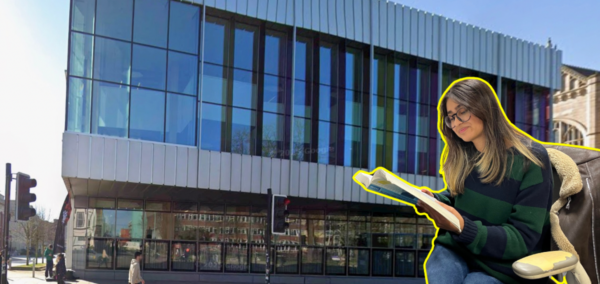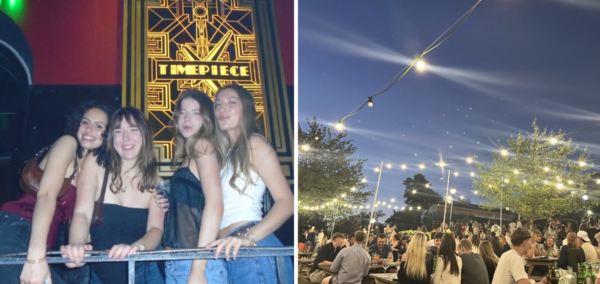
Leeds student explains how she manages painful menstrual cycle without prescribed pills
Sophia Mencattelli swapped to sustainable menstrual cups whilst studying
A Leeds student has opened up about how she managed her heavy and painful menstrual cycle from the age of 13.
After being in pain since she was a teenager, Sophie had previously relied on period-delay medication prescribed by her GP to manage her periods.
The student, now 21, found the switch to menstrual cups to manage her heavy periods changed her life for the better.
And with a recent analysis of the total spend on menstruation over a lifetime adding up to a huge £8,892, sustainable alternatives are more popular than ever across women.
Two years ago, Sophia made a £25 purchase that changed her life, allowing her to stop taking her period-delay medication because she no longer had to worry about leaks, Leeds Live reports.
Sophia had struggled with heavy periods since they first started, leaving her struggling to play sports comfortably or travel freely due to concerns about leaking through clothes.
She said: “I’m very passionate about living sustainably, so when I first heard about period cups, I was curious to try them.”
Praising the benfits of menstrual cups, Sophia said: “You can wear them much longer, which means you can go about your day without the constant worry of leaks.”

Sophia also noted the cost-effectiveness of the switch. The student explained that after having trouble paying for her period necessities, she has already saved over £150 by using menstrual cups.
According to the menstrual cup company, Asan Cup, women across the UK spend an estimated £228 annually on period-related products.
The monthly cost breakdown for menstruation related products is £10 for sanitary pads and tampons, £8 for new underwear, 50 pence per cycle for leakage-related laundry costs, and pain-killers costing 50 pence per pack.
Most Read
This amounts to an average of £19 per month.
The average woman’s menstrual cycle begins at 12 years old and lasts until 51 years old, meaning over the duration of those years, women in England spend at least £5,000 on expenses related to their periods
Many women tend to spend more, estimated at an additional £4,000, when investing in extra comfort during their periods.
Sophia said: “I’ve felt the impact of the situation most significantly when paying my London rent, but I’ve equally noticed the price of everyday essentials going up and up.
“After rent, bills, groceries, and travel, it can be really difficult to afford to live on a student budget.”
Sophia added: “It could be very frustrating at times trying to make fewer period products last longer for me until my period was over just to avoid spending more than I have to.”
Featured Image via Instagram






















